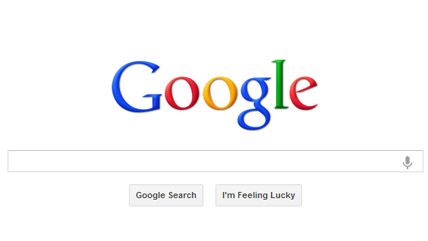Googling Freedom
The tech giant helps protect online privacy.


The Internet plays an ever greater role in disseminating information among the opponents of authoritarian regimes. In response, governments are stepping up surveillance, trying to control access to inconvenient facts and opinions. So it's an appropriate moment for Internet giant Google, which has been criticized recently for collaborating with intelligence agencies, to step forward with new tools intended to help online users escape surveillance and control.
In October, Google announced three new initiatives to protect online freedom. Project Shield aims to defend websites against distributed denial-of-service attacks, which are often launched by hackers in the pay of authoritarian regimes. The company says the intended beneficiaries of the service include websites providing independent news and information about elections and human rights.
A second initiative, the Digital Attack Map, attempts to strip those electronic assaults of their anonymity, exposing the hackers to the sunshine. And individuals concerned about official barriers to online information can use uProxy, a browser extension for Chrome and Firefox that allows people living under authoritarian regimes to evade surveillance and censorship by surfing the Web via connections to users in other countries.


Show Comments (160)